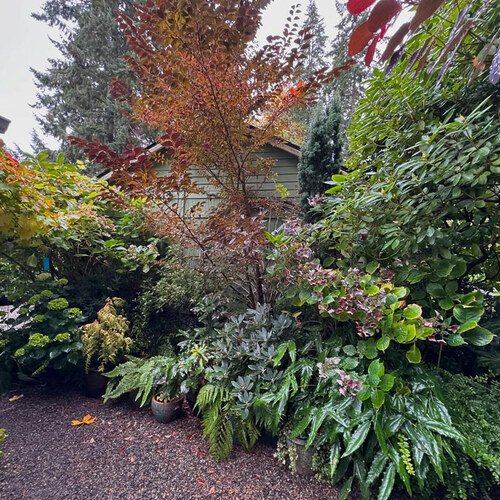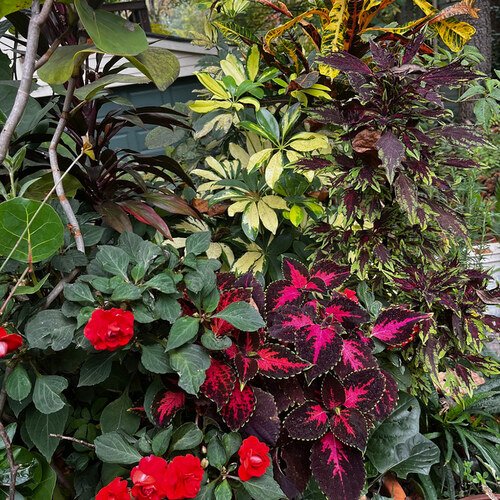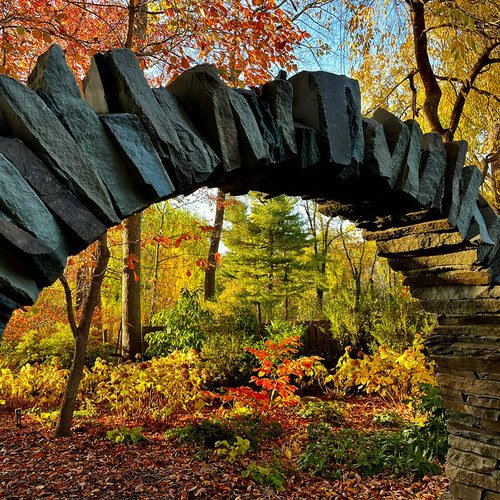
Dealing with deer in your garden can be a frustrating experience. These graceful creatures can cause significant damage to your landscape overnight, leaving you feeling helpless and defeated. However, there are strategies you can implement to deter deer from feasting on your plants. One effective method is to incorporate deer-resistant plants into your garden. These plants have characteristics that make them less appealing to deer, such as strong smells, prickly textures, or even toxicity. In this article, we will explore some deer-resistant plants recommended by experts and experienced gardeners that have proven to be successful in keeping deer at bay.
Expert landscape designer and consultant Bonni Engelhardt, based in southwestern Oregon, shares her insights on deer-resistant plants in an article on Fine Gardening. She recommends several plants that have evolved nasty defenses against pests, including deer. These plants have properties that make them unpalatable or unpleasant for deer to eat, making them a great choice for gardens with high deer pressure.
Danielle and Carol, experienced gardeners, also share their list of deer-resistant plants that have thrived in their gardens despite frequent visits from deer. Some of the plants they recommend include Swamp aster, Slender-leaved false foxglove, ‘Red October’ big bluestem, and Daphniphyllum. These plants have proven to be resilient against deer browsing and have added beauty to their gardens without being sacrificed to hungry herbivores.
Carol’s list of deer-resistant plants includes ‘Ellagance Purple’ lavender, ‘Elegant Feather’ dog fennel, ‘Thunderhead’ Japanese black pine, and ‘Royal Purple’ smoke bush. These plants not only deter deer but also add color, texture, and interest to the garden, creating a beautiful and functional landscape that is both aesthetically pleasing and deer-resistant.
Bonni Engelhardt’s recommendations for deer-resistant plants include Hardy Jerusalem sage, ‘Russian River’ coyote mint, Arkansas bluestar, and ‘Hosoba-fukurin’ silverberry. These plants are not only effective at deterring deer but also offer unique foliage, flowers, and textures that enhance the overall beauty of the garden.
Incorporating deer-resistant plants into your garden is a practical and sustainable way to protect your landscape from deer damage. By choosing plants that deer find unappealing, you can create a garden that is both beautiful and resilient against herbivores. Additionally, these plants can attract beneficial insects, birds, and other wildlife while providing a low-maintenance and environmentally friendly landscape solution.
When selecting deer-resistant plants for your garden, consider factors such as your climate, soil type, sun exposure, and plant preferences. Consult with local experts, nurseries, and garden centers to find the best deer-resistant plants for your specific growing conditions. By integrating a diverse selection of deer-resistant plants into your landscape, you can create a garden that thrives while keeping deer at bay.
In conclusion, deer-resistant plants are a valuable addition to any garden facing deer pressure. By choosing plants with natural defenses against herbivores, you can create a beautiful and sustainable landscape that is both resilient and visually appealing. Whether you follow the recommendations of experts like Bonni Engelhardt or draw inspiration from experienced gardeners like Danielle and Carol, incorporating deer-resistant plants into your garden is a smart and effective way to protect your plants and enjoy a thriving landscape.






